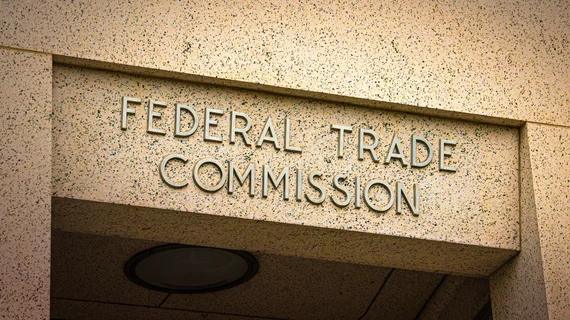Federal judge sides with FTC; case against PBMs to move forward
A federal judge sided with the Federal Trade Commission (FTC) in a case against the nation’s three largest pharmacy benefit managers (PBMs), declining to halt the lawsuit. The case is now expected to move forward following the Feb. 19 court ruling.
The FTC announced last September that it was suing the “big three” PBMs, alleging they colluded to raise the price of insulin through “discounts” that pass additional costs to patients. The companies being sued include Caremark, Express Scripts and Optum RX—owned by CVS Health, Cigna and UnitedHealth Group, respectively.
Allegations of price-fixing and collusion were also levied against the group purchasing organizations (GPOs) for each PBM, all of which fall under the same parent companies. The FTC alleged that this vertical integration allows the drug distributors to rig the “pharmaceutical supply chain competition” in their favor, forcing patients to pay more for life-saving medication.
In response, the defendants filed a countersuit against the FTC the following November, alleging the investigation violates their Fifth Amendment right to due process. Effectively, CVS, Cigna and UnitedHealth were challenging the FTC’s authority as a regulatory agency, specifically its internal arbitration process.
Judge Matthew Schelp of the U.S. District Court for the Eastern District of Missouri found the claim of a Fifth Amendment violation to have no merit, lifting the pause that had stopped the FTC from moving forward with the lawsuit.
“Here, the [FTC] found it proper to bring in-house proceedings against Plaintiffs for what the Commission alleges are Plaintiffs’ unfair methods of competition—something Congress directed them to do,” Schelp said in the ruling.
“Thus, Plaintiffs’ request is one to stop the execution of federal law absent a showing of its unconstitutionality,” he added.
Schelp concluded that the FTC's legal system does not violate due process and that any injunction to further delay or dismiss the charges would be “against the public’s interest.” He agreed with the FTC that the companies could be violating federal antitrust and price-fixing laws. It is now up to another court to decide if that is the case.
In its lawsuit, the FTC noted that while insulin is the primary focus, the business model of the PBMs, GPOs—and subsequently drug manufacturers—may violate federal law more broadly. Insulin was chosen as the central issue because, as the agency pointed out in its filing, the price more than doubled between 2012 and 2018 and remains artificially high.

